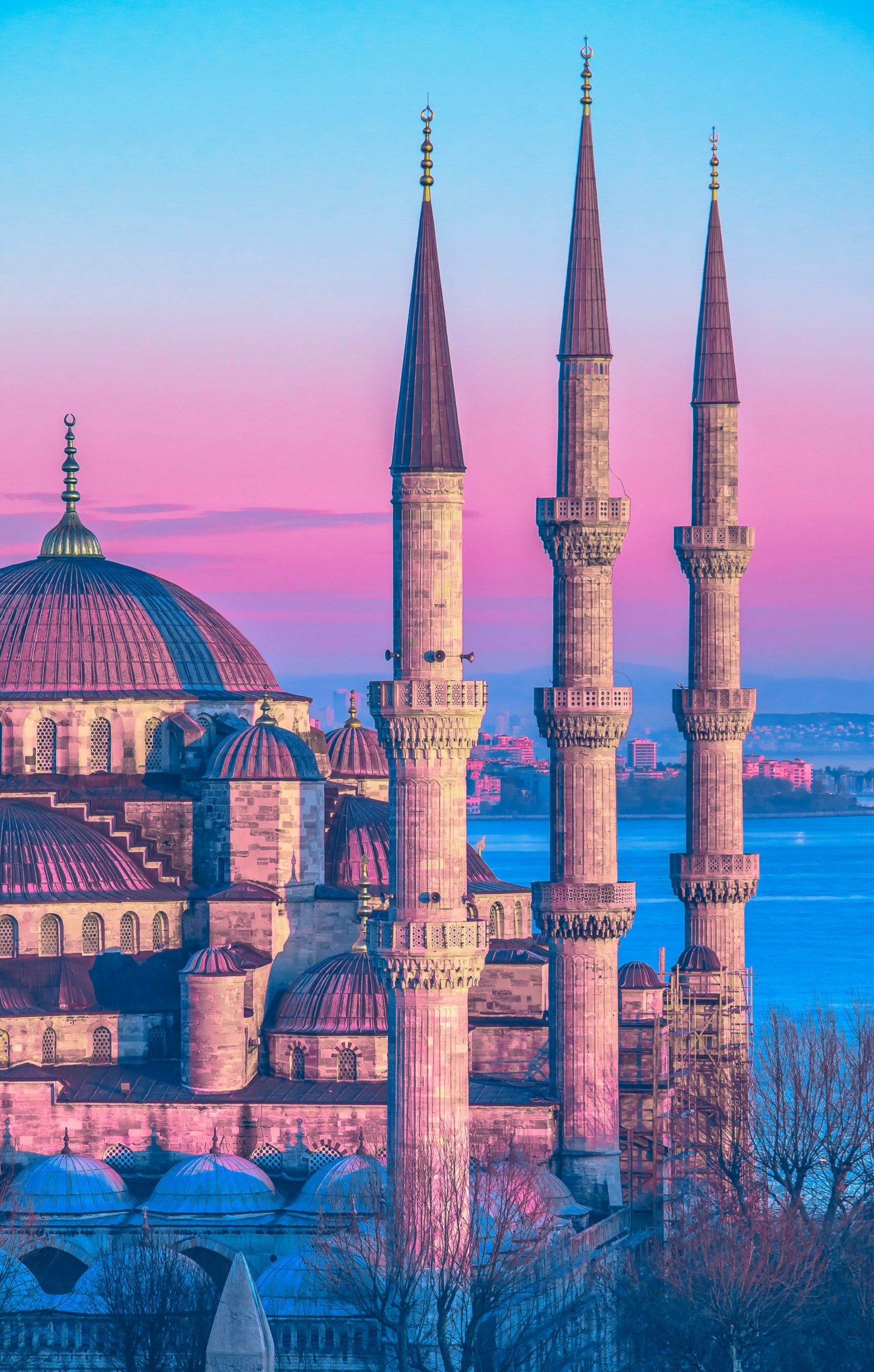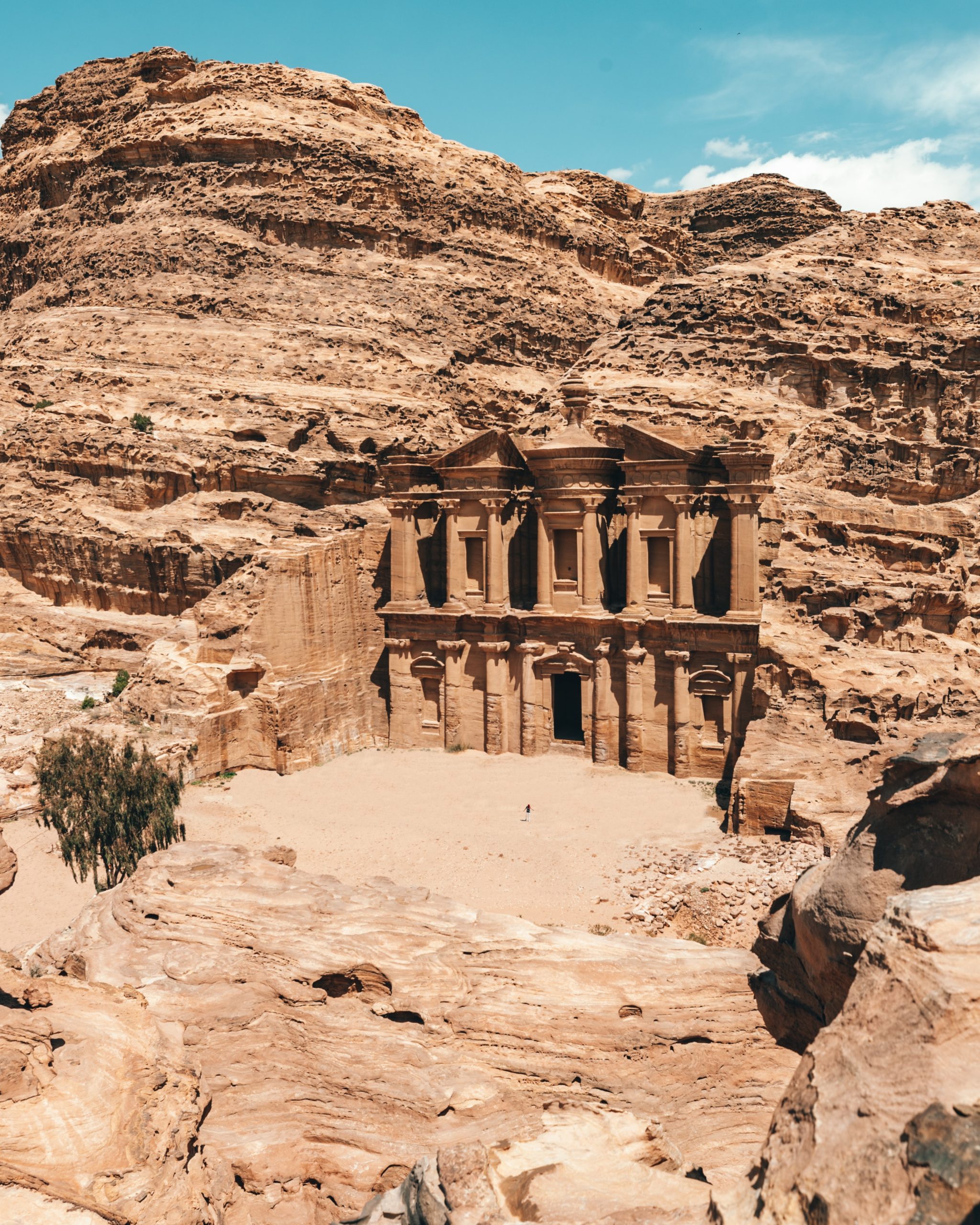“The Spotlight” brings to light the stories of Muslim women of the past and present. In this instalment, Assia Hamdi brings Timeless Lessons from Rabi’a Al-Adawiyya Al-Qaysiyya on resisting patriarchy through spirituality.
Wherever a Muslim woman may find herself in the world, she fights some sort of battle, whether it be against gender violence, lawful misogyny, Islamophobia, unconscious bias amongst others. These battles tire our collective female spirit.
The story of Rabi’a Al-Adawiyya al-Qaysiyya stands as a beacon of positivity and light. Her presence within the Islamic spiritual imagination is a lesson for women everywhere to remove ourselves from the boundaries of this cruel world and work on the limitless universe of divine love and spiritually.
Rabi’a Al-Adawiyaa was a model Muslim mystic, who reportedly lived in the 8th century. While the exact date of her birth is uncertain, her spiritual legacy is more than certain. Considered a pioneer of the notion of divine love ‘Ishq-e-Ilahi’, Rabi’a is remembered for anecdotes that illustrate her genuine and entire love for God, her poetry that highlights the loving nature of God and her battle against selfish human desires.
Rabi’a lived her life journeying inwards to find divine love. She strived to forget the outer world’s materialism, the perils of poverty, and the boundaries imposed by the patriarchy. She journeyed into the desert to hush the noise of society. Her legacy highlights a way of living that is invisible in our modern-day and age. Her rejection of societal norms through her refusal of countless marriage proposals was not a loss but an incomparable gain.
Muslim feminist writer, Leila Ahmed argued that Rabi’a lived a life of freedom, “full control and legal autonomy with respect to herself in that she was neither wife, nor slave, nor under any male authority”. However, I venture a step forever to highlight that while she lived a life free of the material world, the Dunya (which translates as something temporal) she lived a life in full submission to the Creator, the Most-High, and the Infinite. Muslims in the West often translate Islam as Peace and while the root does blossom forth the meaning of peace, the word Islam connotes submission. Understanding the relationship between peace and submission, it becomes easy to explain how Rabi’a lived a life of fulfilment. A truth we often face in this world is that when we come to head with the object of our chase we are often left unsatisfied. Rabi’a embodies the act of leaving the outward temporary chase and striving inwards for infinite inner peace.
Modern analysis on Rabi’a often plagues her spiritual legacy by placing her in contemporary debates of feminism. Without falling within the paradigms set out by Western feminism and the notions that string along with it, Rabi’a focused on the inward unseen immaterial rewards in her life. Hence, it would be illogical to view her as a feminist as she actively sought to refute labels of outer forms and materialism. We must ensure that we do not apply to her personality, our contemporary understanding of feminism which is heavily constructed as a reaction to a misogynist patriarchal world. In essence, Rabi’a created a sphere in which she attempted to remove herself from her worldly surroundings. She rejected binaries of women and men, hellfire and heaven, and even binaries of emotions. She sought a life of meaning rather than of surface designs.
An anecdote on her life describes how she walked the streets of Basra with a torch in one hand and a bucket of water in the other.
‘She said: I am going to light a fire in Paradise and to pour water on to Hell so that both veils (…) may completely disappear (…) and the servants of God may see Him, without any object of hope or motive of fear. What if the hope of Paradise and the fear of Hell did not exist?’
Rabi’a’s rejection of societal boundaries was not a reaction to the outside world but a means to nurture an incorporeal relationship with God. She understood that Islam was not an intellectualised practice but a way of life that placed humility and openness of the heart at the centre. She lived a life that focused on the central feature of Divine Love.
Her legacy should embolden women to renounce the outer patriarchal structures enforced on women. Her pioneering practise of Islamic spirituality teaches us that along with our daily Islamic obligations which we need for the salvation of our souls, searching inwards for peace and love is what we should desire as it is the infinite source of true joy. Rabi’a’s mysticism, demonstrated by a dedication to stabilising a constant love of God, became a recognised practice of selfless love for God. This timeless personality should stand as a lesson for us all. We can’t renounce the world as completely as she did but the spiritual lesson she teaches us is that our worldly battles can be resolved and defeated through the path of divine love.




